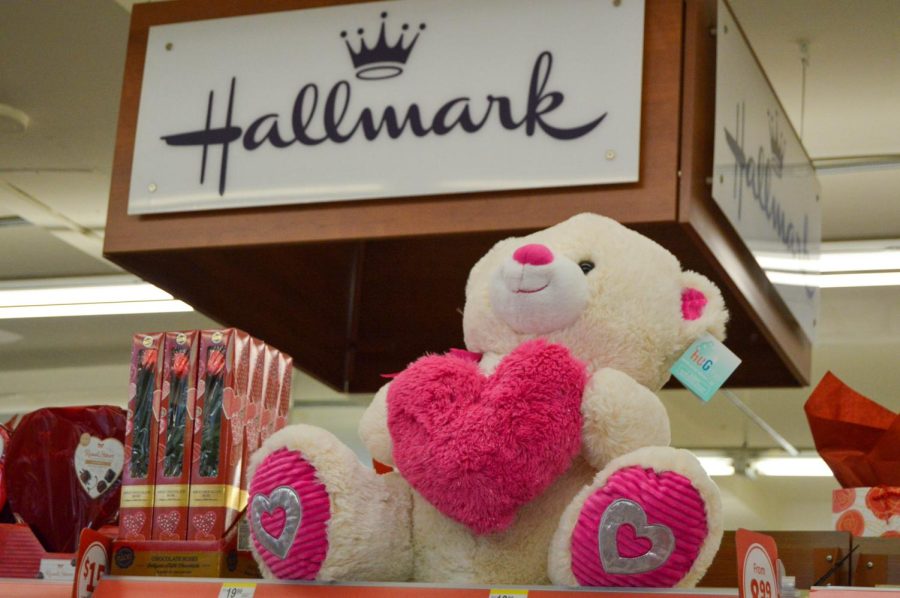As each new holiday rolls around, it seems that consumerism becomes more expansive. Each holiday has turned into an excuse to spend. There’s Black Friday, Christmas presents, Valentine’s Day candy and Saint Patrick’s Day treats. It seems as if there is no way for societies to celebrate without taking out wallets and swiping credit cards.
My laptop decided to conveniently start acting up on Black Friday, of all days. My friend and I reluctantly ventured to the mall so I could go to Apple. It took us over 15 minutes to find an available parking spot. Once inside, there were hundreds of people everywhere with armfuls of bags. People had bags from stores that weren’t even having sales, which just goes to show that people use these major shopping days as an excuse to “treat themselves.” It was hard to watch people carrying around bags with purses and laptops, with items costing upwards of $2,000, when there are many people who can’t even afford a meal, let alone a Thanksgiving feast.
Everyone has seen one of those stories on the news about people being trampled to get the best deal, but it is a lot worse than it seems. As of 2017, the Black Friday death count has reached 10 and there are a shocking 110 injuries. This includes people falling asleep at the wheel and getting in a wreck, brawls sending people to the hospital. Just hours before, people are spending time with their family and being grateful for what they have, and then later they are shooting someone over a TV. It just doesn’t add up.
During 2016, retail sales reached $655.87 billion in the United States. Holidays have turned into a money making event rather than a time to give and reflect. It it not uncommon on Christmas to see people sharing the extravagant gifts they received on various social medias sites. The immediate need to brag about gifts has swayed the holidays into a season of who can get the best thing.
Originally, Christmas was supposed to be a celebration of the birth of Jesus. When companies realized they could spin this and make money off of the Christmas season, they started marketing anything they could. Families can barely finish their Thanksgiving leftovers before Christmas decorations are being sold in stores and adorned in homes.
This consumerism reaches much farther than Black Friday and Christmas. Valentine’s Day, a holiday that’s supposed to celebrate love, has turned into a day of gifts. According to an article by Eater, Americans spent $18.9 billion on Valentine’s day in 2015, $1.7 of that being on candy. There are many other ways to show someone you love and care about them, and often times homemade gifts are the most meaningful. Despite this, people still go out to buy expensive gifts in order to show they care.
Easter, a holiday that is supposed to be celebrating the resurrection of Jesus, has become commercialized as well. Studies show that more than 87 percent of parents will have Easter baskets for their children. In addition to that, The National Federation estimated that Americans spent about $17.3 billion on Easter in 2016.
It can be hard to think about a Christmas without presents under the tree, or a Valentine’s Day without a heart-shaped box of chocolates. Maybe in the future we can move towards asking for gifts that benefit others as well. Don’t refuse to accept any material items, but in addition to them, foster a child in another country or “adopt” an animal from the zoo. A few dollars a month can really make a huge impact on someone else’s life. Friends and family would also probably be more than happy to gift something like that. Let’s try, as a society, to make the shift back to what the holidays are really about and move away from consumerism.













